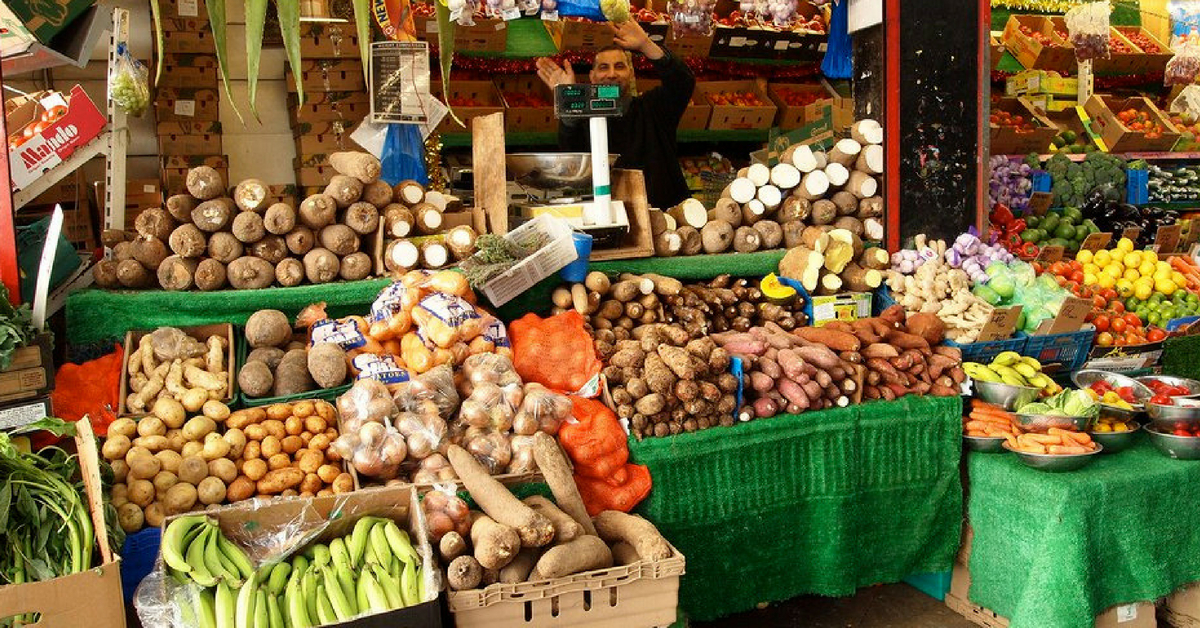How to Buy Goods in Nigeria and Sell in Ghana: A Practical Guide
Trade between Nigeria and Ghana has long been a cornerstone of West African commerce. With shared borders, cultural ties, and a demand for fast-moving consumer goods (FMCG), electronics, and agricultural products, opportunities abound for businesses looking to expand across the region. Many entrepreneurs and companies are asking: How can I buy goods in Nigeria and sell in Ghana profitably?
This article explores key opportunities, challenges, and practical strategies for cross-border trade, while highlighting how Wigmore Trading can support businesses in navigating this dynamic market.
Why Buy Goods in Nigeria and Sell in Ghana?
Nigeria, Africa’s largest economy, produces and distributes a wide range of products including packaged foods, household goods, building materials, and agricultural commodities. On the other hand, Ghana’s growing middle class and stable business environment create a strong demand for these products.
Some goods in high demand for Ghana’s markets include:
-
FMCG products such as noodles, beverages, and detergents.
-
Building materials including cement, tiles, and iron rods.
-
Agricultural produce like yams, palm oil, and cassava products.
-
Electronics and spare parts sourced through Nigerian distribution hubs.
By buying goods in Nigeria and selling in Ghana, traders can take advantage of price differences, economies of scale, and regional demand.
Challenges of Buying Goods in Nigeria and Selling in Ghana
While the opportunity is clear, cross-border trade comes with challenges:
-
Customs and Tariffs – Duties and levies can cut into profit margins if not planned for.
-
Logistics Issues – Delays at borders, poor road networks, or limited warehousing options can disrupt supply chains.
-
Regulatory Differences – Ghana may require specific product standards, certifications, or packaging not mandated in Nigeria.
-
Currency Exchange Risks – Fluctuations between the naira and cedi can affect overall profitability.
Solutions for Smooth Nigeria–Ghana Trade
For businesses to succeed when buying goods in Nigeria and selling in Ghana, practical solutions are essential:
-
Plan Your Supply Chain: Work with logistics providers who understand Nigeria–Ghana corridors. Wigmore Trading offers reliable distribution networks to minimize delays.
-
Understand Regulations: Stay informed about both Nigeria’s export rules and Ghana’s import requirements to avoid penalties.
-
Focus on FMCG: Fast-moving consumer goods have stable demand, ensuring consistent turnover.
-
Manage Currency Risks: Use forward contracts or stable currency accounts to reduce exposure.
-
Partner with Experts: Companies like Wigmore Trading simplify sourcing and cross-border distribution, helping traders focus on growth rather than compliance and logistics.
Best Practices for Buying Goods in Nigeria and Selling in Ghana
To maximize profits and minimize risks, traders should adopt these best practices:
-
Source from Trusted Suppliers – Establish long-term relationships with reputable Nigerian manufacturers and wholesalers.
-
Leverage Wholesale Distribution – Buying in bulk reduces costs and increases bargaining power. Wigmore Trading specializes in bulk sourcing for international clients.
-
Use Warehousing Solutions – Having access to storage in Nigeria or Ghana ensures better stock management and timely delivery.
-
Build Customer Networks in Ghana – Reliable retailers and wholesalers in Ghana guarantee faster product turnover.
-
Stay Informed on Market Trends – Consumer preferences evolve quickly, especially in FMCG. Monitor demand shifts to remain competitive.
How Wigmore Trading Supports Nigeria–Ghana Trade
Wigmore Trading has decades of experience in African trade, specializing in bulk sourcing, logistics, and wholesale distribution. Whether you are a small business exploring new opportunities or an established importer seeking efficiency, Wigmore can help you:
-
Identify profitable products to buy in Nigeria and sell in Ghana.
-
Manage customs clearance and transport challenges.
-
Provide access to reliable FMCG, agricultural products, and consumer goods.
-
Streamline sourcing and ensure compliance with Ghana’s import standards.
Contact Wigmore Trading today to simplify your Nigeria–Ghana trade operations.
Conclusion
Buying goods in Nigeria and selling them in Ghana remains a profitable strategy for entrepreneurs and companies looking to expand in West Africa. From FMCG and agricultural products to building materials and electronics, the opportunities are vast—but success requires careful planning, compliance, and strong supply chain management.
With the right partner, businesses can overcome logistical and regulatory hurdles while tapping into a growing market. Wigmore Trading is well-positioned to help you navigate this journey.
Get in touch with Wigmore Trading today to explore how we can support your sourcing and distribution needs.








Comments are closed.